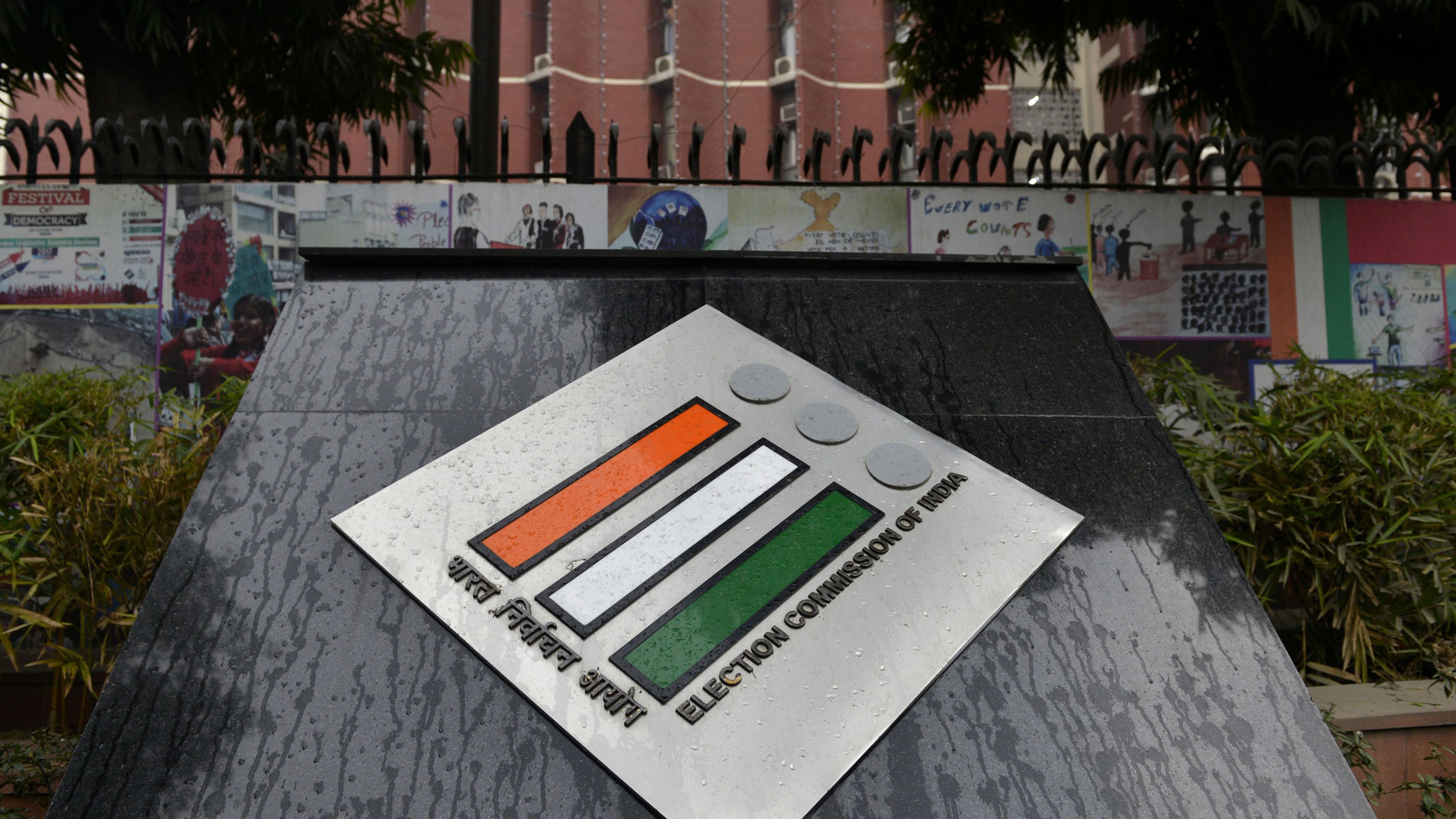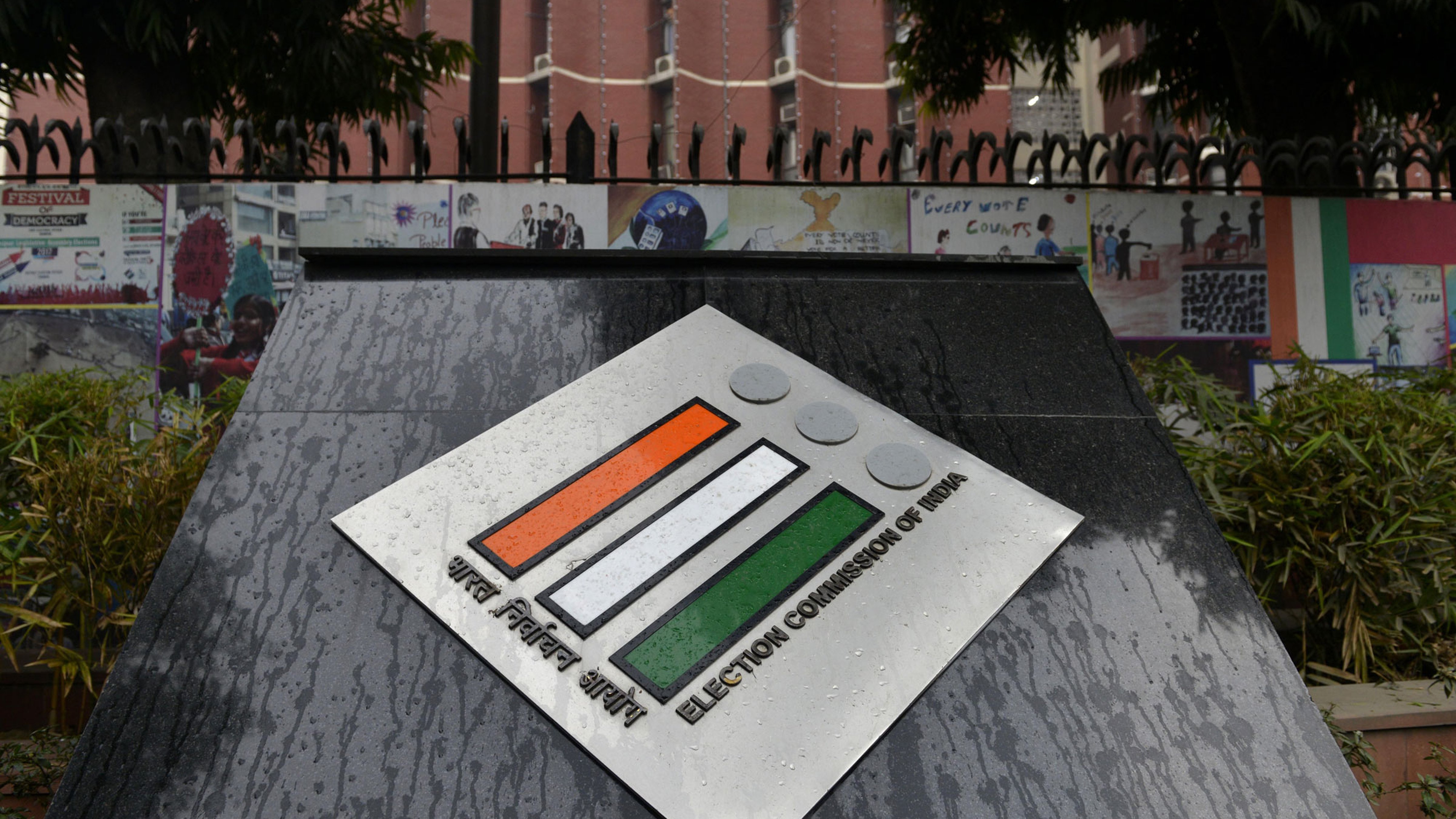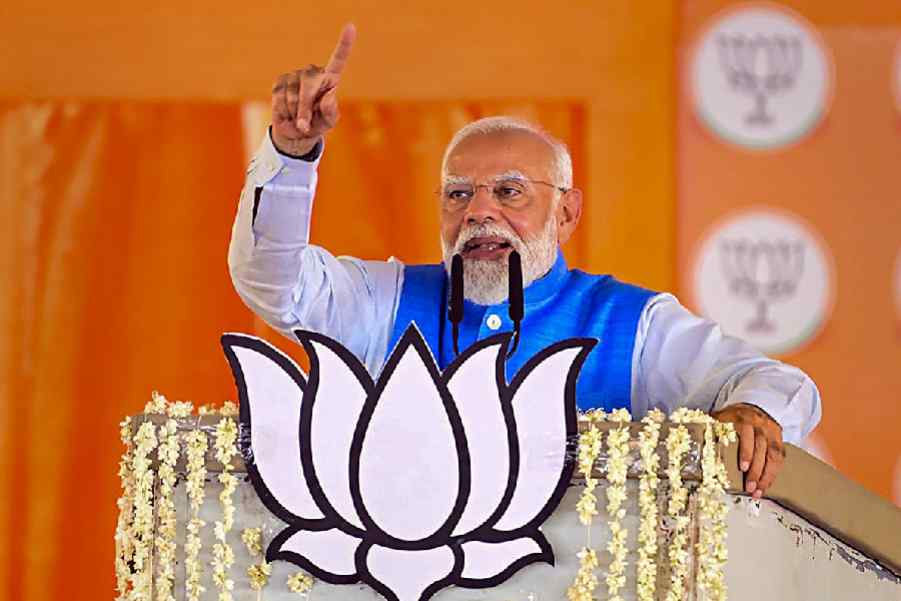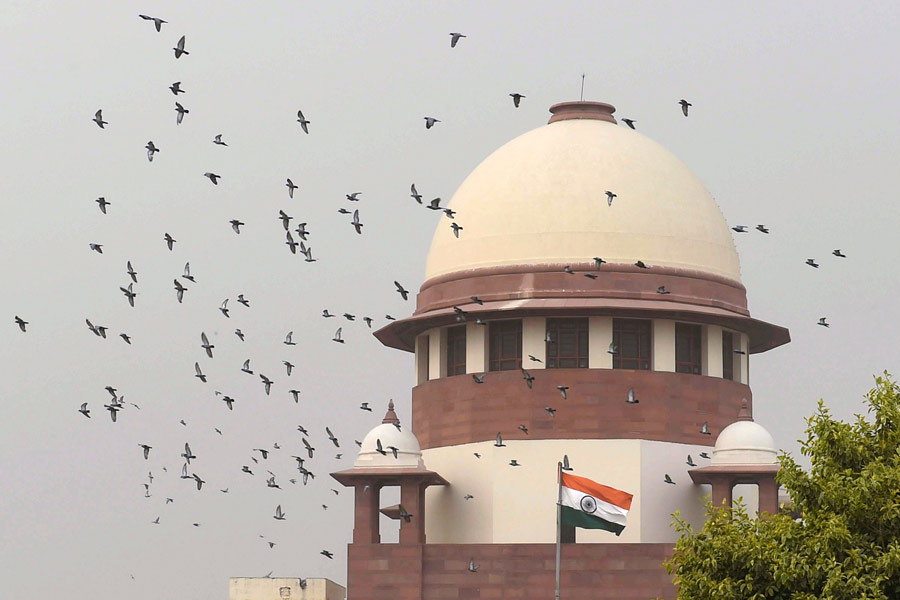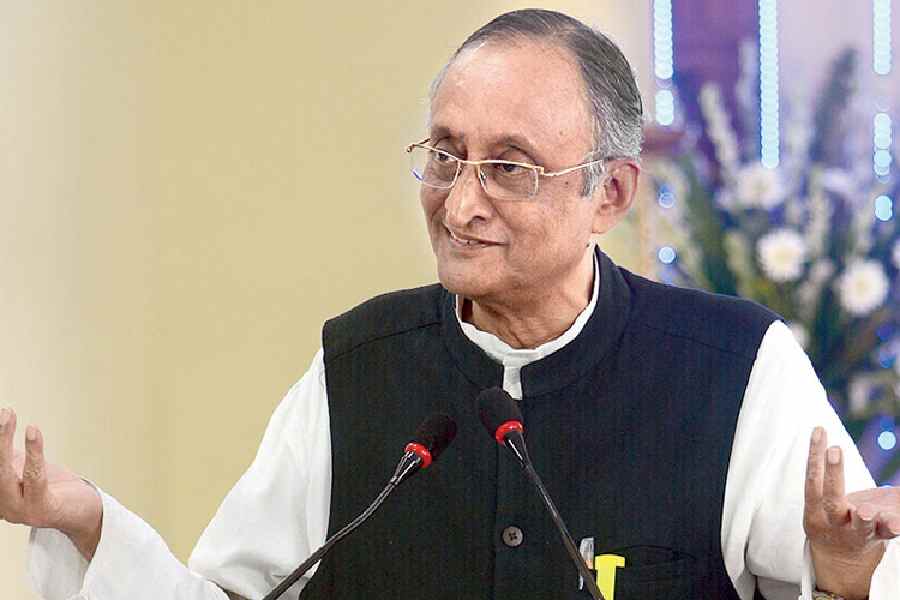The Election Commission has made a determined effort to free the next legislature of criminally tainted politicians. It has directed that all contesting candidates with previous convictions and pending cases would have to publicize the details three times in the month before the upcoming Lok Sabha elections in newspapers and on television. Political parties putting up candidates with criminal backgrounds should also display the relevant facts on their websites and three times in newspapers and on television. It is being inferred that, to discourage further the candidature of aspirants with criminal backgrounds, parties and candidates will have to pay for the publications from campaign funds. The EC’s instruction is based on a Supreme Court ruling of October 2018, which ordered the publication of criminal case details of candidates, and it was put into effect for the assembly elections that followed. But this time, before the Lok Sabha elections, the EC has asked for the declaration to be made three times, to ensure greater awareness of the public about the people they would be electing.
On the one hand, this is, till date, the most practical means to address the problem of criminally inclined legislators that has been worrying the EC and the courts for years. On the other, it poses a number of problems, some systemic, some logistical and some circumstantial. The relationship of crime with politics seems to have deepened over time, and, recently, institutions themselves have begun to be undermined. Hence, it will be asked how far declarations can be trusted. Perhaps it is to tackle this scepticism that the EC has also instructed candidates without criminal antecedents to advertise that three times, like banns before a marriage. For an innocent candidate, though, this could seem draconian. More, it must be made clear at the outset what the EC is empowered to do when a candidate or a party is reported as not having complied. Besides, such an order needs extensive monitoring; its success will depend on undistracted dedication. Most important, there are crimes apart from the ‘heinous’ ones of murder or rape. Collective wrongdoing, in which the entire leadership of a political party may participate — post-election alliances based on unseemly exchanges behind the scenes, for example, that make nonsense of people’s choice — cannot be addressed in this way. But in spite of these linked problems, the EC’s instruction is a defined step towards the cleansing of politics.

